Rude Tube
 “Bad artists copy. Great artists steal.” Pablo Picasso.
“Bad artists copy. Great artists steal.” Pablo Picasso.
“And television companies are desperate enough to trawl YouTube for video clips to make a TV programme out of, though nothing too risqué cos that would upset the regulators.” Alex.
Last night we watched Alex Zane presenting a programme on Channel 4 called “Rude Tube” we didn’t catch it all but it appeared to feature 50 clips “most viewed” on You Tube.
Hurrah! I want a job as a TV researcher. You get to watch You Tube all day and not get the sack for it. And all your research is done for you as you only have to do is to browse to YouTube.com and select “Most Viewed”, “All Time” and exclude the commercial vids that might incur the wrath of the band/studio/production company involved.
OK so not all researchers are like that but that has to go down as one of the easiest to research shows in the history of television. Most if not all of the people they interviewed from the clips had already appeared in the media, several on Oprah, so their details were in the public domain, even if they used a YouTube alias.
Then again we all have the ability to become researchers via the Web and search engines. It’s now only a matter of how good we are at the research. I mean how much of what you read on the Internet can you believe? A good example of this was my post which mentioned zoophilia a couple of days ago. The anti-article (detailing the potential medical consequences) on Wikipedia was well put together, cited sources and seemed to present a pragmatic and salutary account of the perils of sex with animals. The pro-article (posted on Wikipedia as a description of the fetish) on the other hand left me feeling that the figures quoted for the prevalence of zoo fetish and sexual encounters with animals, added to the lack of cited sources made it seem unconvincing in the extreme. It felt like reading pro-zoophilia propaganda.
Not all such misinformation (deliberate or inadvertent) is so obvious. In the case of the aforementioned program it wasn’t the issue of propaganda that was at issue, but the selection of videos for their popularity. Everything from those “Aahhh!” wedding moments, to cute sea otters (and yes sea otters are cute) to Scottish a barmaid falling down a trapdoor.
You don’t have to be factually inaccurate to mislead, just by using the wrong selection criteria when deciding what to include and what to leave out of a programme or article you can create a distorted representation of the truth.
It’s the same with writing about sex. For example the sex Suze and I have. Most of the time it’s at least very enjoyable, sometimes it’s mind-altering; yet at other times it’s just OK, nice, beautiful, satisfying, but not life-changing. That “OK sex” doesn’t make good reading, so it doesn’t get written about very often either here or (for the most part) on other blogs. In the same way that magazines only showing skinny girls who all look as if they are in the middle of puberty puts pressure on women and girls to get skinny; Only writing about the great sex puts pressure on the reader to have fabulous sex every time they get it together with their partner.
Suze is bisexual, and for reasons that are obvious that has its advantages, but being a totally straight, non-bicurious woman isn’t a crime. Not having a kink doesn’t make you repressed, so long as you are at home with your sexuality you shouldn’t let the media make you think you are unadventurous.
I suppose the problem is that the media has too many channels to fill and seems convinced that its content is being produced to fill empty minds. That precludes anything that involves the consumer of the content they produce having an attention span longer than a gnat.
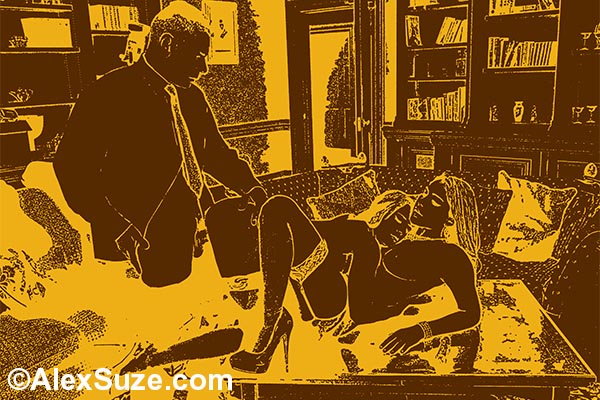



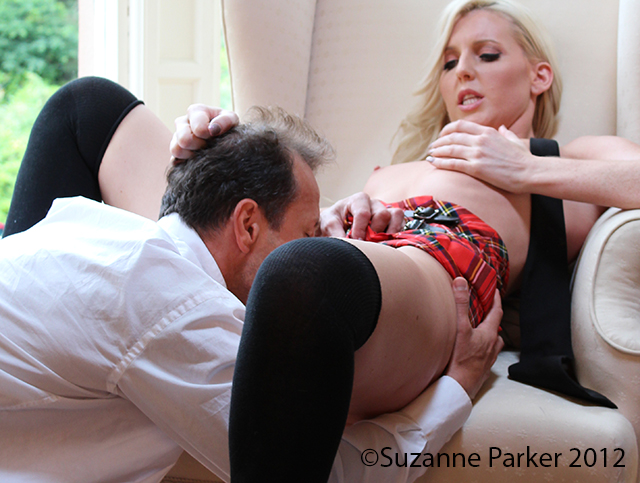


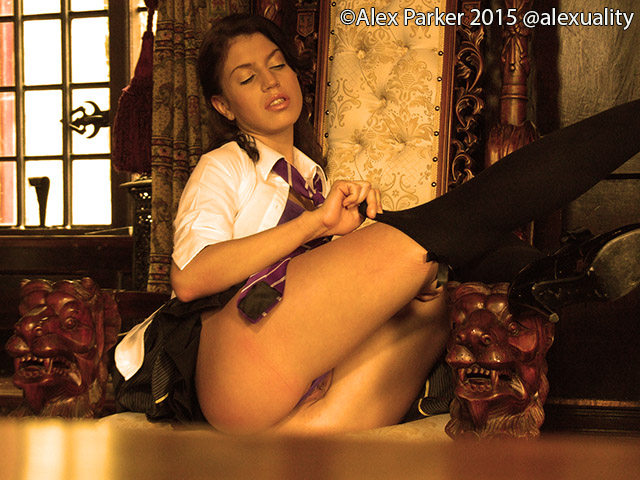


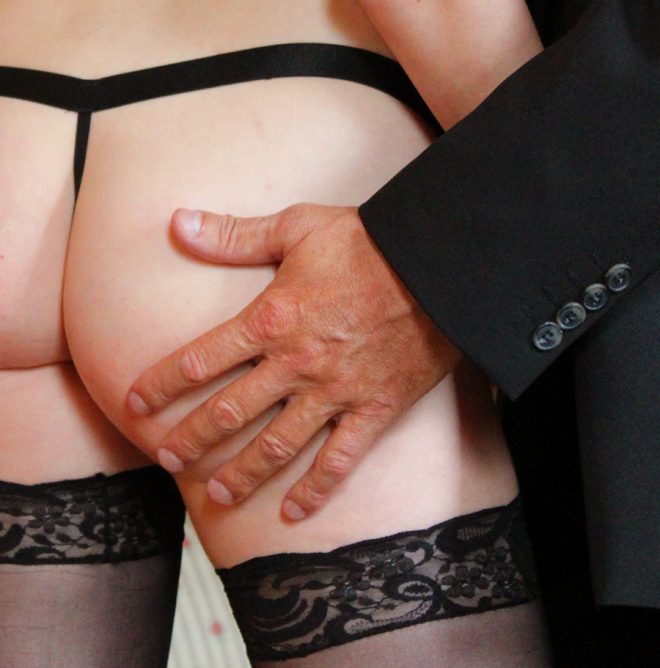



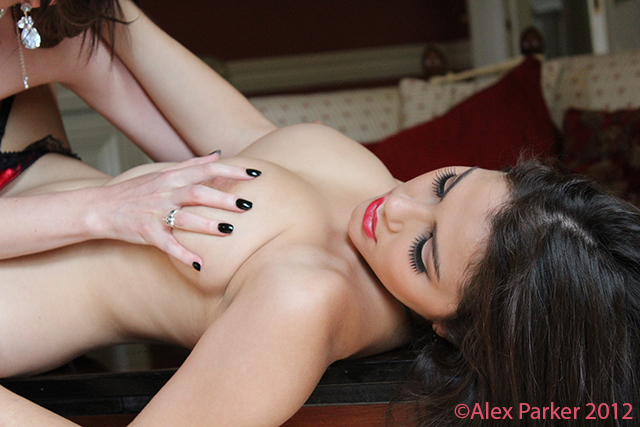
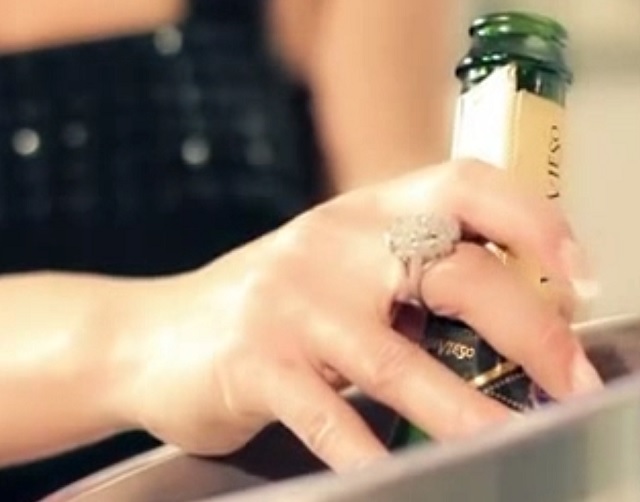

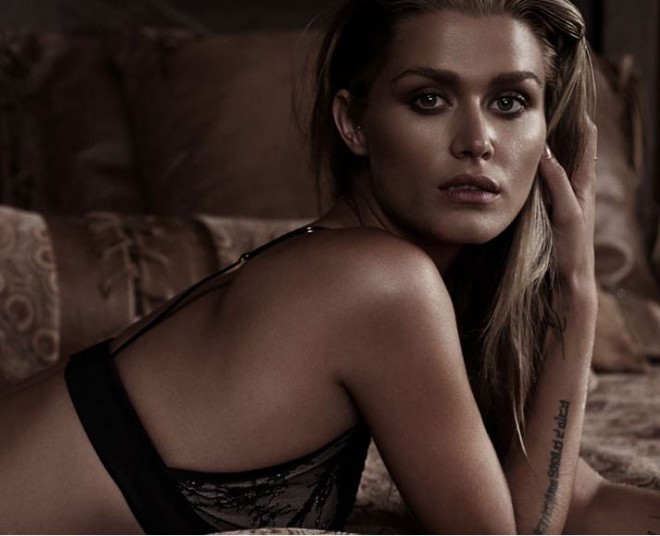
Thanks for such an interesting post. I found your comment about writing about sex particularly heartwarming. I sometimes think because I seldom write about sex with Emma people might think we seldom have sex, which couldn’t be further from the truth.